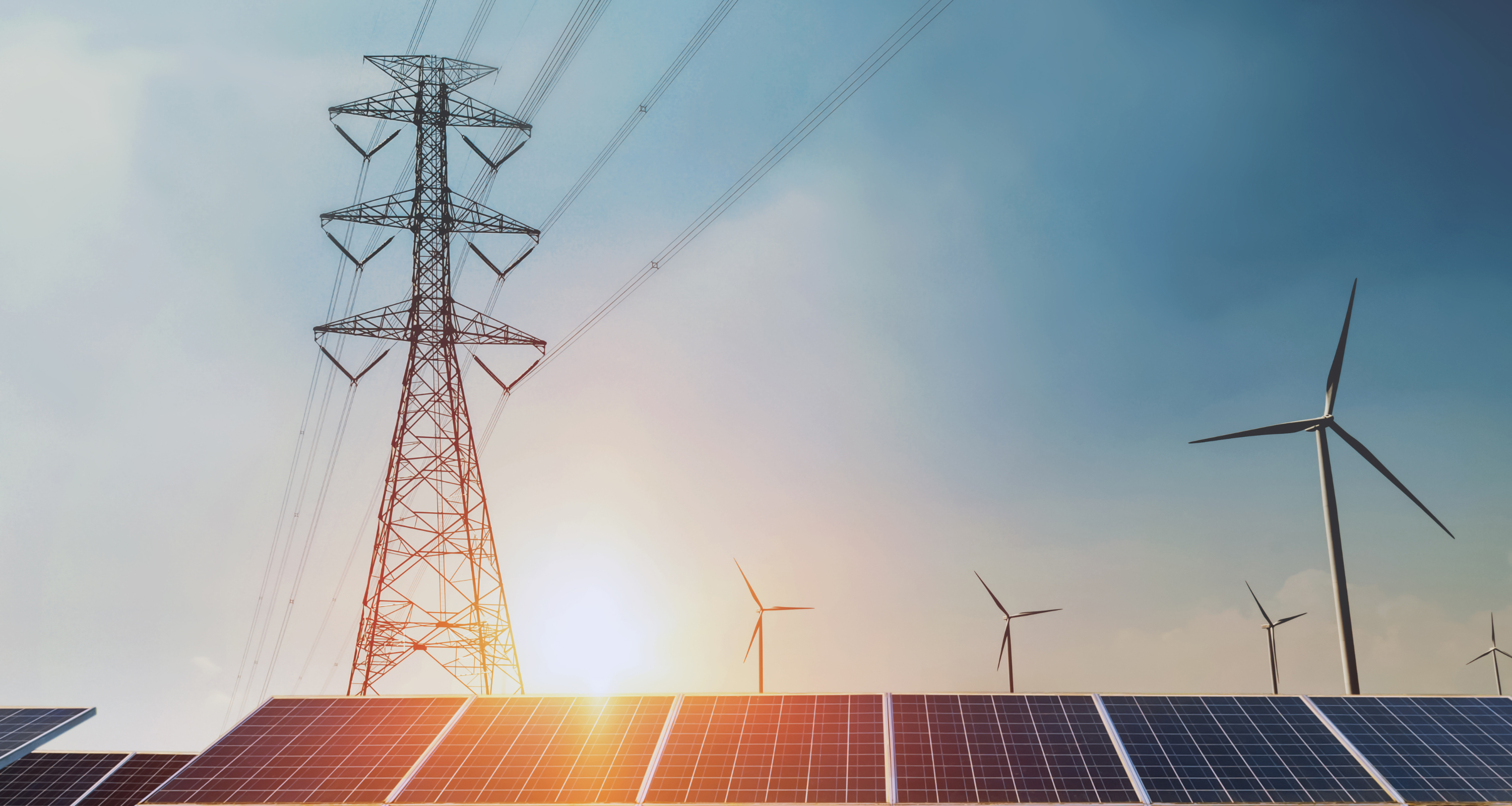When Common Sense Prevails Over Politics: 5 Indicators FERC Decision Should Inform Looming ITC Remedy
In a decision that rapidly rippled throughout the electricity generation community—the Federal Energy Regulatory Commission (FERC) issued an order terminating its docket intended to review the Department of Energy’s notice of proposed rulemaking (NOPR). The NOPR, widely recognized as an attempt to shore up uneconomic coal and nuclear, was rejected for failure to establish a sufficient record that current wholesale rates are unjust and unreasonable, as required by the Federal Power Act. Following the final 2017 tax bill – which included amendments largely saving tax equity investment in renewable projects – this week’s FERC order sends a strong signal to the market, and one that should inform President Trump’s final remedy decision in the ITC solar trade case. Here are five key points to consider:
- Policy – particularly stable, comprehensive policy – drives markets. When policymakers row in the same direction, investors and developers respond. The tax bill frees capital that corporations can use to reinvest in their businesses. The potential 2018 Infrastructure bill signals massive direct government investment in America’s transportation and energy networks. The contract structure solar provides – fixed, low cost wholesale energy – saves large energy users significant operation expenses and allows them to hedge against more volatile expenses. Together, these policies compound to create the low-tax, low operational expense environment supported with government-backed capital injection that collectively represent a proven formula for rapid economic growth. In contrast, doubling the cost of solar through tariffs would be like driving a car while slamming on the brakes and the gas simultaneously – jeopardizing this Administration’s early achievements.
- Our domestic policy should reflect international priorities, as we live in a global market. Our global competitors – particularly China – have signaled continued, substantial investment in clean energy. America can and should continue to be a global clean energy superpower. Even if global market pressures induced below-market PV module price reductions, no amount of tariffs focused on the U.S. market will materially change the broader global market structure. It is telling that both U.S. firms arguing for tariffs are foreign-owned. Let the market take the risk of unprofitability in procurement, rather than attempt to rectify it through the government.
- No solar tariff can reverse the fortunes of an industry a century in decline. There is increasing evidence – notably from recent all-source bids in Colorado – that coal is no longer the least-cost resource. This is true even without subsidies, and without taking climate impacts and other externalities into account.
- Common sense prevails when we make decisions to stimulate economic growth. FERC’s termination of the baseload NOPR is an endorsement of the market and record-based policymaking – rather than politicians – to pick winners. FERC states “neither the Proposed Rule nor the record demonstrate why the existence of an on-site 90-day fuel supply is a reasonable basis to find that rate to be just and reasonable and not unduly discriminatory or preferential”. In short, FERC reinforced the longstanding belief that regional market operators, not the federal government, should determine what is reasonable to provide for resiliency.
- This administration prides itself on being unpredictable – except when it comes to protecting American jobs. Ironically, a tariff designed to protect two foreign owned solar panel manufacturers with US operations may in fact slow the growth of one of the fastest growing sectors of the US energy economy. President Trump can defy expectations and support American jobs that cannot be outsourced—American solar, steel installers and more —by recommending no tariffs on solar. In throwing a potential “remedy” in the trash, Mr. Trump will evidence support for a domestic industry that employs hundreds of thousands of Americans.
2018 may serve as a speed bump, though it doesn’t have to. Regardless of what happens, the solar marketplace is both global and inevitable. Developers like Coronal – as well as the banks, insurance companies, and other institutional investment partners our industry represents – are accelerating long term investments in solar. This reality should provide corporations and utilities with confidence in the long-term viability of solar, a fixed-price, least-cost renewable energy resource that is here to stay.
EDITOR’S NOTE: This guest blog was written by ACORE Member Coronal Energy, and originally appeared on the Coronal Energy Blog
Join leaders from across the renewable energy sector.

What will our next 20 years look like? Here’s the truth: they’ll be better with ACORE at the forefront of energy policy.
Shannon Kellogg
Amazon Web Services (AWS)
